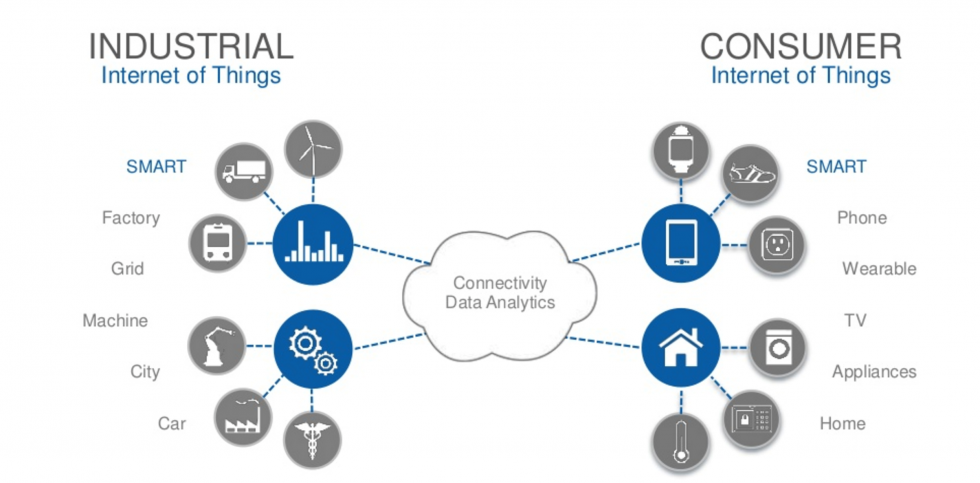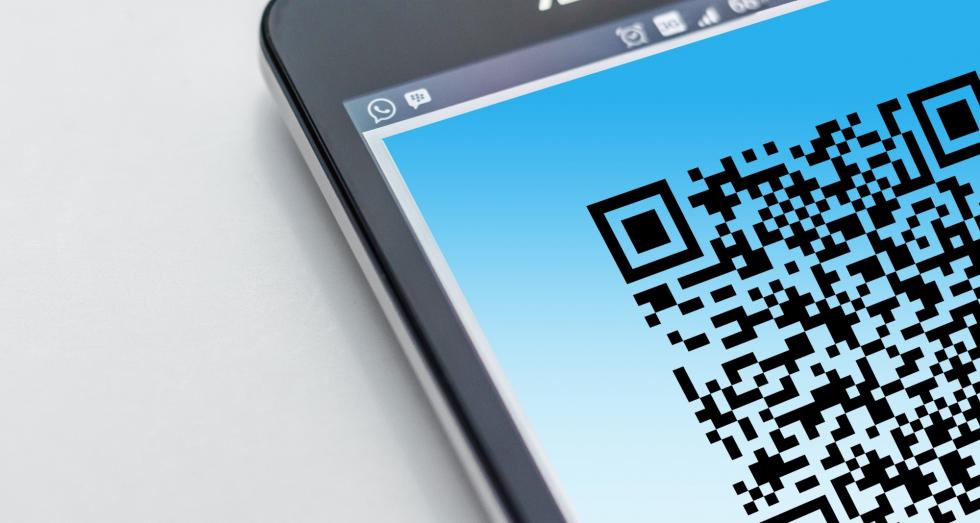
The Digital Transformation in 2020: beyond data
The multiplier effect of combining IoT with "early adopter" technologies.
Digital transformation is a widely used term, often ambiguous or confusing. Strictly, it is about the reinvention of an organization through the use of digital technology. In recent years, it has been linked to the use of data (the "new gold") and imposed a digital transformation vision. It consists of reaching a higher level of knowledge based on data. For example, by knowing the customer use of our products, we can improve decision making and add value to our products and services.
In the coming years a wider vision of digital transformation is intuited, which goes through capturing the real value of IoT far beyond the greater availability of data. It involves the design of connected systems with cognitive capabilities, and use of early adopter technologies such as machine learning, natural language processing and blockchain. The convergence of these technologies with IoT can create a multiplier effect by further strengthening and adding new capabilities in the connected ecosystem. Let's see some examples below.

Machine learning (ML) has huge applications, many of them not yet identified by companies. Allowing continuous improvement in processes, personalization of services and helping experts make better decisions are the known use cases today.
A notable example is Siemens, which in 2017 launched a "Internet of Trains" project for predictive maintenance. Siemens has sensors integrated in trains and tracks. Using sensor data, they train a Machine Learning model to identify signals when the train or track are failing. The information obtained is then used to perform specific repairs in particular identified areas.

At the consumer level, natural language processing (NLP) can help connected devices to be truly interactive and intuitive. Combined with smart home connected devices, there is significant value that can be delivered to consumers. Voice assistants will continue to improve through new ML techniques, along with the proliferation of smart home products.
It was Amazon who saw early success in the market, by integrating many products. Bosch, which launched its smart home subsidiary in 2016, implemented an Alexa integration for its set of connected home products. Currently, 20 percent of approximately 27,000 Bosch software developers focus exclusively on IoT, and now it aspires to have Internet connectivity on all its electronic devices. In addition, they are expected to offer data-based services for each device, with built-in artificial intelligence.
Blockchain, essentially a distributed digital ledger, has many applications in combination with IoT. It is a highly secure data storage, since each block is linked to the previous and subsequent. There is no central authority present in blockchain, it is extremely efficient and scalable, and brings transparency to all participants in all steps of the chain.
In this sense, last 2018 Carrefour launched its first pilot of food traceability blockchain system applied to its chicken raised without antibiotic treatments, providing that level of transparency to the final consumer. Given the success of this initiative, the company has proposed to apply this tool to 20% of its own-brand products by the end of 2019.

At Opentrends we develop IoT technology to create connected systems that improve people's lives. In 2012 we started this journey with Sentilo, an open source sensor and actuator platform designed to adapt to the Smart City architecture of any city that seeks openness and easy interoperability. Sentilo was first implemented in Barcelona, and since then it has been used in many other cities, such as Dubai, and more recently, in industrial environments.

Opentrends' vision of digital transformation involves combining IoT with "early adopter" technologies, thus capturing added value for businesses and citizens alike. We have proven experience in creating connected and intelligent environments, as well as sustainable and viable ones. We develop intelligent applications for connected vehicles, design medical diagnostic devices and interfaces, and implement apps for better user energy consumption, just to name a few.
Opentrends offers its customers the opportunity to join the new Data Era with our digital transformation services, including:
- IoT
- Data Engineering
- Virtual Assistants & NLP
- Blockchain
How to start? At Opentrends we offer to conduct "Data Discovery" sessions to help implement the intelligent use of data, combined with the inclusion of early adopter technologies.






